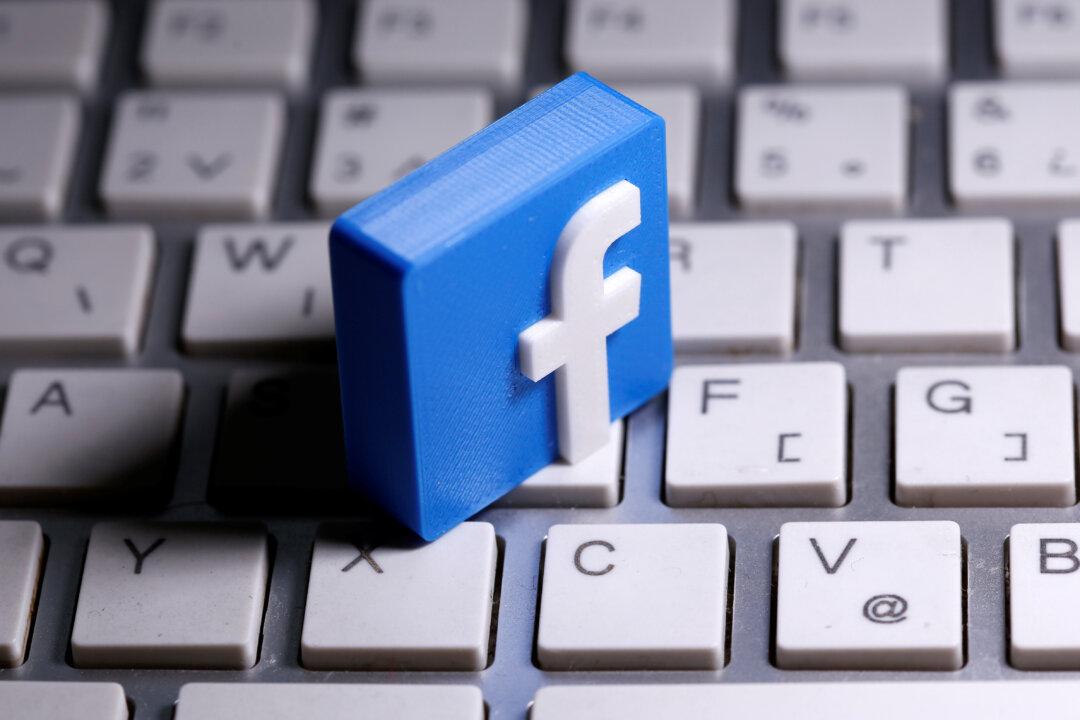World politicians have lambasted Facebook’s move to restrict Australians from sharing news on its platform, with some saying the tech giant has behaved in an “anti-democratic” way and more like a “dictator.”
Chairman of the U.S. House of Representatives subcommittee on Antitrust, Commercial and Administrative Law, David Cicilline (D-RI), wrote on Twitter that the move made it clear Facebook was not compatible with democracy.




